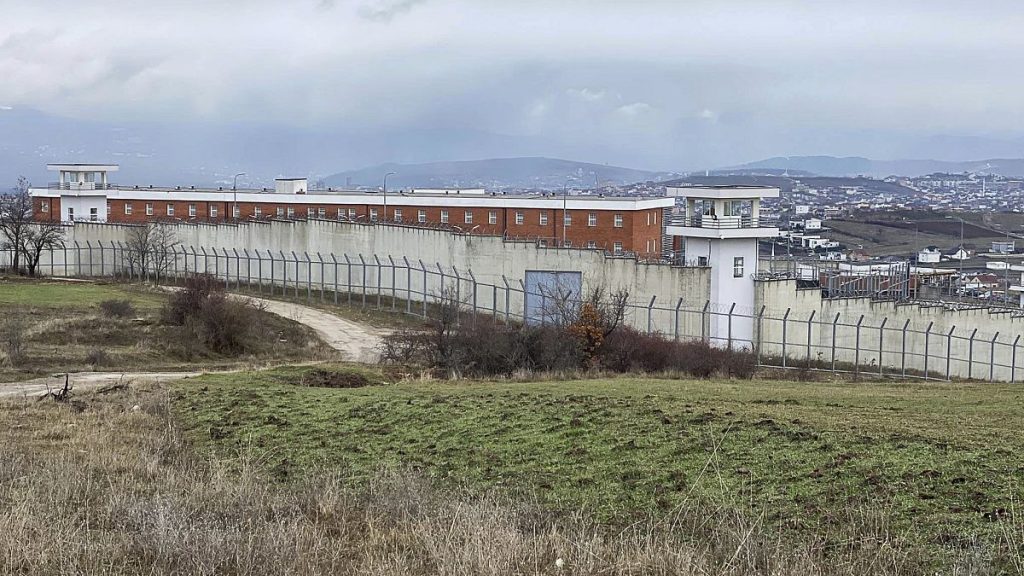The Denmark-Kosovo agreement allows Denmark to send up to 300 prisoners to Kosovo to alleviate overcrowding in its own prisons. The deal, signed in 2021 and approved by Kosovo’s parliament this year, is worth €15 million per year to Kosovo. The Gjilan prison in Kosovo will be renovated and modernized to meet Danish standards. The prisoners sent from Denmark will only include foreign nationals convicted of crimes who are due to be deported after completing their sentences. They will also have the opportunity for employment in the Gjilan center, with workshops being built for this purpose.
Denmark’s Justice Minister Peter Hummelgaard visited the detention center to oversee the implementation of the agreement. He praised the cooperation between the two countries and highlighted the significant help the deal provides to Denmark’s strained prison system. The Danish prison population has increased by 19% since 2015, exceeding capacity. The move to send inmates to Kosovo has raised concerns among human rights groups due to past allegations of abuse in Kosovan prisons. However, the Kosovo Correctional Service director, Ismail Dibrani, assured that the facility will meet Danish standards after renovation work is completed.
The US State Department and the UN Committee against Torture have noted persistent issues within Kosovo’s prison system, such as violence among prisoners, corruption, and inadequate treatment for inmates with mental disabilities. This raises concerns about the safety and well-being of the foreign nationals being transferred from Denmark. However, the Danish government and detention authorities are working to ensure that the Gjilan prison meets international standards and provides a suitable environment for the transferred inmates. The agreement between Denmark and Kosovo mirrors a similar deal between Albania and the UK, where Albanian prisoners were sent back to their home country in exchange for British support in modernizing Albania’s prison system.
The Denmark-Kosovo agreement aims to address the challenges faced by both countries in managing their prison populations. The partnership allows Denmark to alleviate overcrowding in its prison system while providing employment opportunities for foreign inmates in Kosovo. The renovation and modernization of the Gjilan prison will ensure that the facility meets Danish standards and provides a safe and suitable environment for the transferred prisoners. Despite concerns raised by human rights groups, efforts are being made to address potential risks and ensure the well-being of the inmates being sent to Kosovo.
The cooperation between Denmark and Kosovo in the field of corrections demonstrates a shared commitment to addressing the challenges faced by both countries in managing their prison systems. By working together, they are able to leverage each other’s resources and expertise to improve the conditions for inmates and provide rehabilitation opportunities for those serving sentences. The Denmark-Kosovo agreement serves as an example of international cooperation in addressing common challenges and finding innovative solutions to improve the functioning of the justice system. As the agreement is implemented, it will be important to monitor the progress and outcomes to ensure that the rights and well-being of the transferred prisoners are protected.


